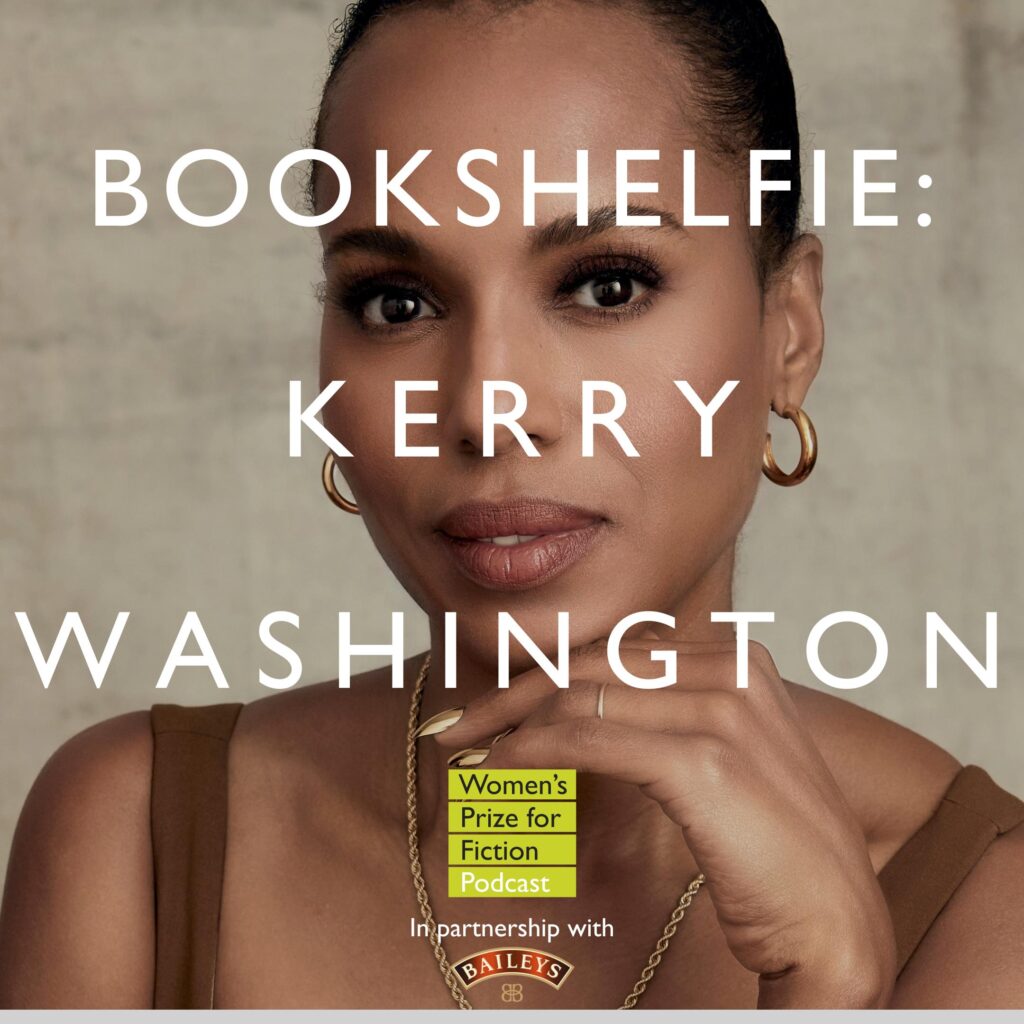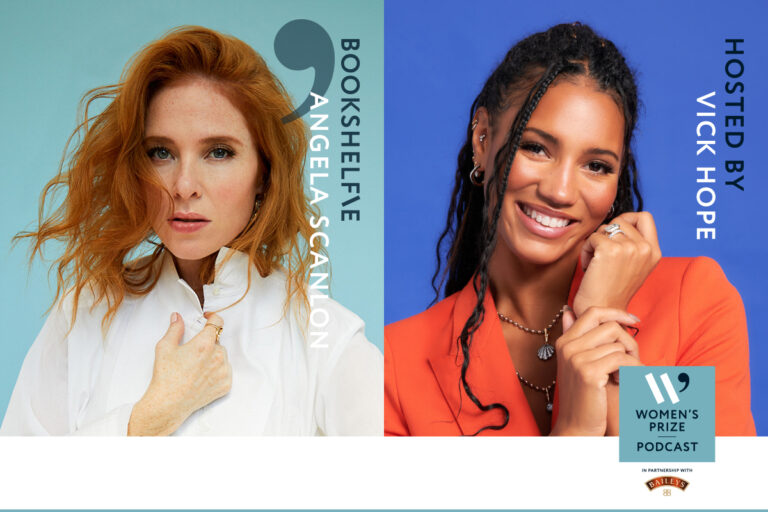You could describe this week’s Bookshelfie podcast episode as a bit of a Scandal…
Because this week our incredible host Vick Hope is joined by actor, director, producer, activist, and Shondaland superstar Kerry Washington. Through her five book choices, Kerry discusses how her relationship with reading and writing have changed over the years, the role creativity plays in her life and the obstacles women and their bodies are still facing today. Check out the full episode here.
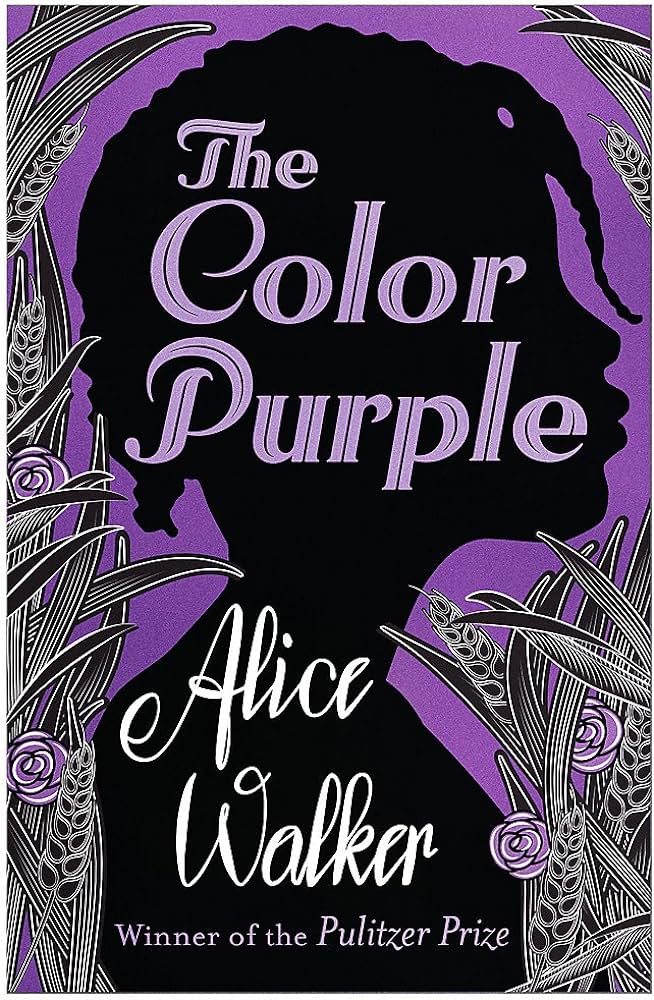
“It’s actually one of the first books I remember my mom reading…so when I finally read it for myself, it was really such a a joy to kind of step into adult readership and to step into being part of the community that could appreciate a book like that…what I love about the book is that it is about trauma, but it’s also about resilience, and about the power of love to create community and heal the power to find sisterhood belonging with people.”

“I was living in New York, and auditioning and dreaming of having a career as a working artist, I jumped into that recovery process with the book with some dear friends. And it really allowed us to walk toward our dreams, with more courage and more of that sense of why not me. But I think it also just encouraged me to think about my life as a creative playground, not just my career, but to be a creative person, creative in my relationships with others in my relationship with myself, it really gave me permission to think big, think outside the box, get to know myself more.”
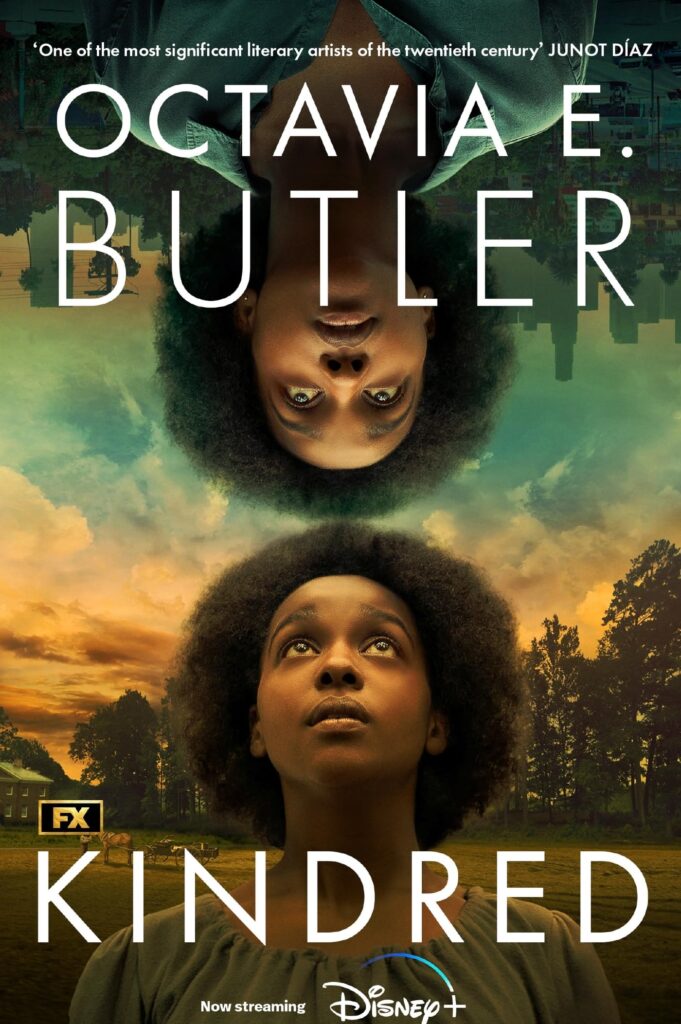
“Reading this book was so eye opening for me because I hadn’t really thought of myself as somebody who loved fantasy or sci fi. I mean, I really loved A Wrinkle in Time, which I read as a child with my mom. But I didn’t have any other examples of science fiction or fantasy that really drew me in. But this changed that for me, it opened me up to the idea of how fluid of a relationship we can have a genre when the humanity is there, when the humanity is right, it doesn’t matter, the genre context, you can fall in love with the characters in their world and suspend your imagination past the kind of traditional drama of a more realistic novel.”
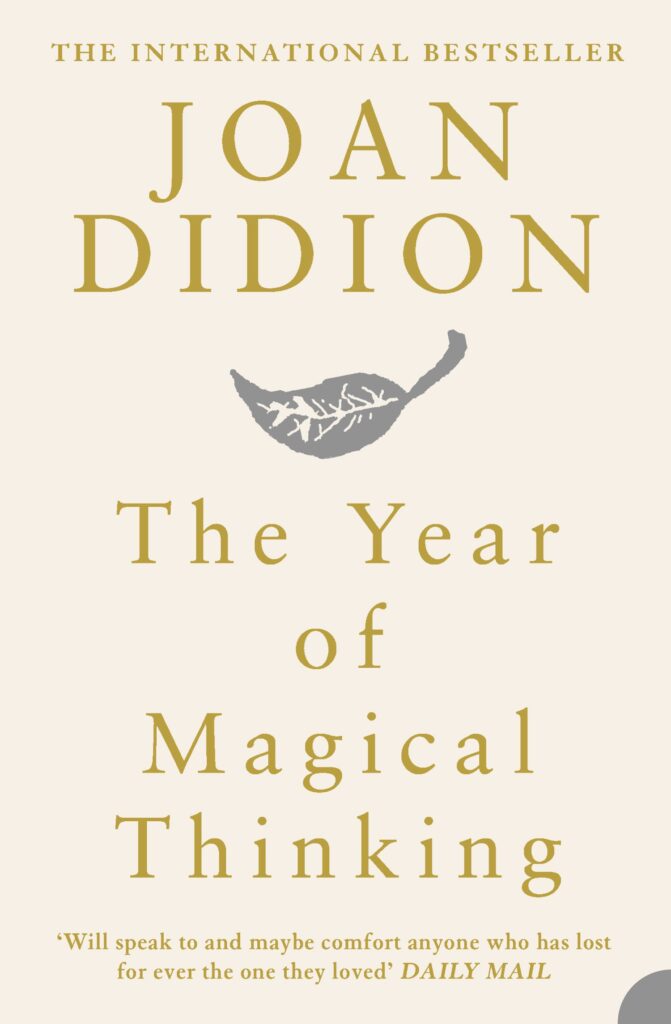
” It doesn’t feel posh, or unattainable, unaccessible it feels so human and grounded, like the best of us, right? And I love that book just made me feel less alone in my grief and my loss. It made me feel like this was a well tread the path that people had walked this road of loss and grief and survived it and figured out how to live more richly in the context of that kind of loss. It’s quite a revelation, isn’t it? When you realise that a breakup is it’s lost, and it’s grief, and it helps you feel so much less stupid?”
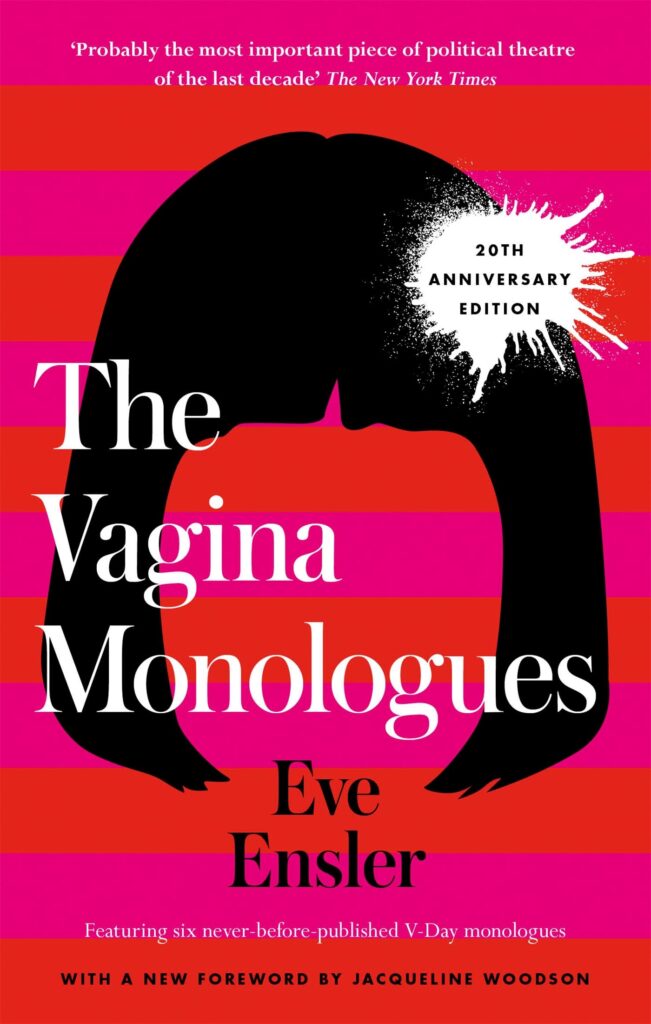
“She really transformed culture by by forcing us to say a word that so many of us had been taught was a bad word. And it’s not a bad word. It’s just the beauty of a woman’s biology…I think we can just keep speaking up, we have to keep being unafraid. You know, now, vagina is no longer a bad word the way it was when the monologues were first produced.”
